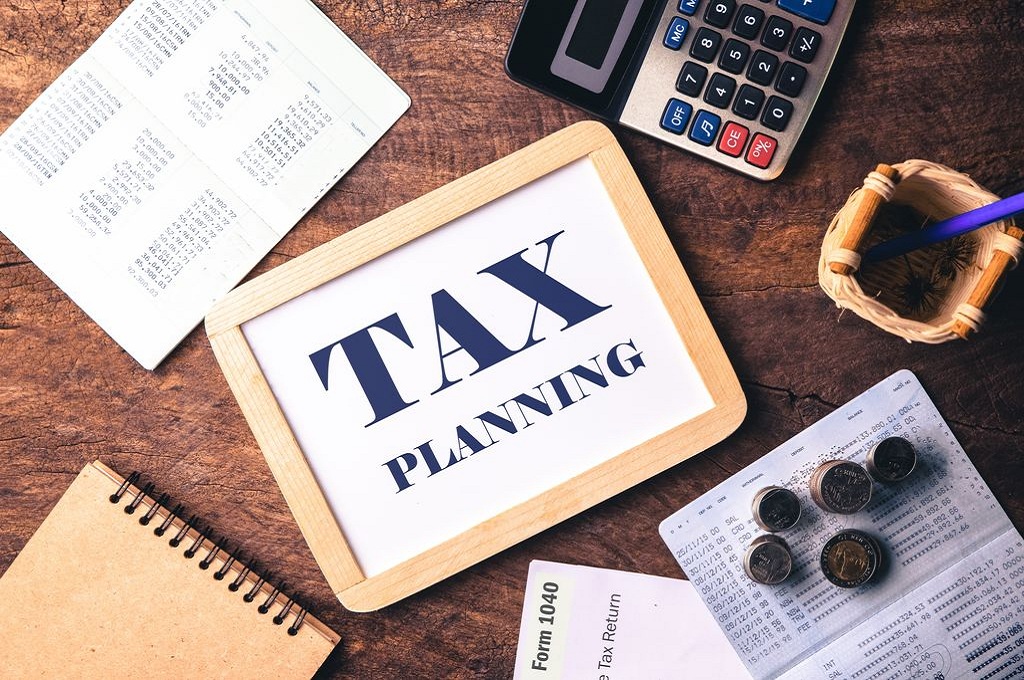Singapore Corporate Tax Simplified for Entrepreneurs
Lately, Singapore has emerged as a major business destination for entrepreneurs from all over the world. The country’s attractive corporate and personal taxation system is a major draw for new companies as well as established businesses wanting to expand their international operations.
Singapore’s single-tier tax system is of particular interest to companies, as it exempts shareholders from paying any tax on dividend income. The only tax payable by the business is that levied on the company’s net profits.
Income Tax Rebate for Start-ups
Perhaps the single-most appealing factor for new companies to set shop in Singapore is that they are not required to pay any income tax on the first SGD $100,000 of net profits during each of the first three consecutive years of business. This means that start-ups get the opportunity to flourish and grow by making use of tax savings for business growth.

To qualify for tax exemption, newly incorporated companies must meet the following criteria:
- Should have been incorporated in Singapore
- Should be tax-resident in Singapore for the assessment year in question, i.e. management and decision making by Board of Directors are carried out in Singapore
- Should have less than twenty shareholders, of which a minimum of 10% should be individuals
In addition, the Singapore government offers numerous other benefits in the form of subsidies and grants to support small-and-medium-sized business enterprises (SMEs).
No Capital Gains Tax
Another important feature of Singapore’s taxation system is that there is no tax on capital gains, i.e., profits from the sale of investment or property. This encourages global investors to invest in the region and avail tax benefits that can translate to thousands of dollars of legal tax savings.
No Tax on Dividend Income
Singapore corporate tax provisions allow that any dividends received by shareholders of a Singapore tax-resident company will be exempt from tax. The rule applies to dividends paid on or after 1 January 2008.
No Withholding Tax
Withholding tax refers to tax deducted at source, or TDS. It is so called because the employer withholds the amount from the individual’s income and pays it directly to the government. Tax on interest or dividend earned by a person who is not a resident of the country also comes under withholding tax.
Whether a company’s director is liable to pay withholding tax depends on whether or not they are a resident of Singapore. To qualify as resident, the individual must have been physically present in the country for equal to or more than 183 days during the year before the assessment year. Otherwise, he or she would be considered a nonresident director, and their income would be taxable as per the withholding tax provisions. Do note that executive directors involved in operational aspects of a business are not liable to pay withholding tax.
Indeed, Singapore is considered a tax paradise by business owners globally, and not without reason. The country’s entrepreneur-friendly tax regulations and overall conducive environment for business growth have placed Singapore among the top investment destinations of the world.

Donna is your friend in the know. Her blog is a treasure trove of insightful tidbits on a wide range of topics. From wellness to technology, she’s your source for staying informed and inspired.














